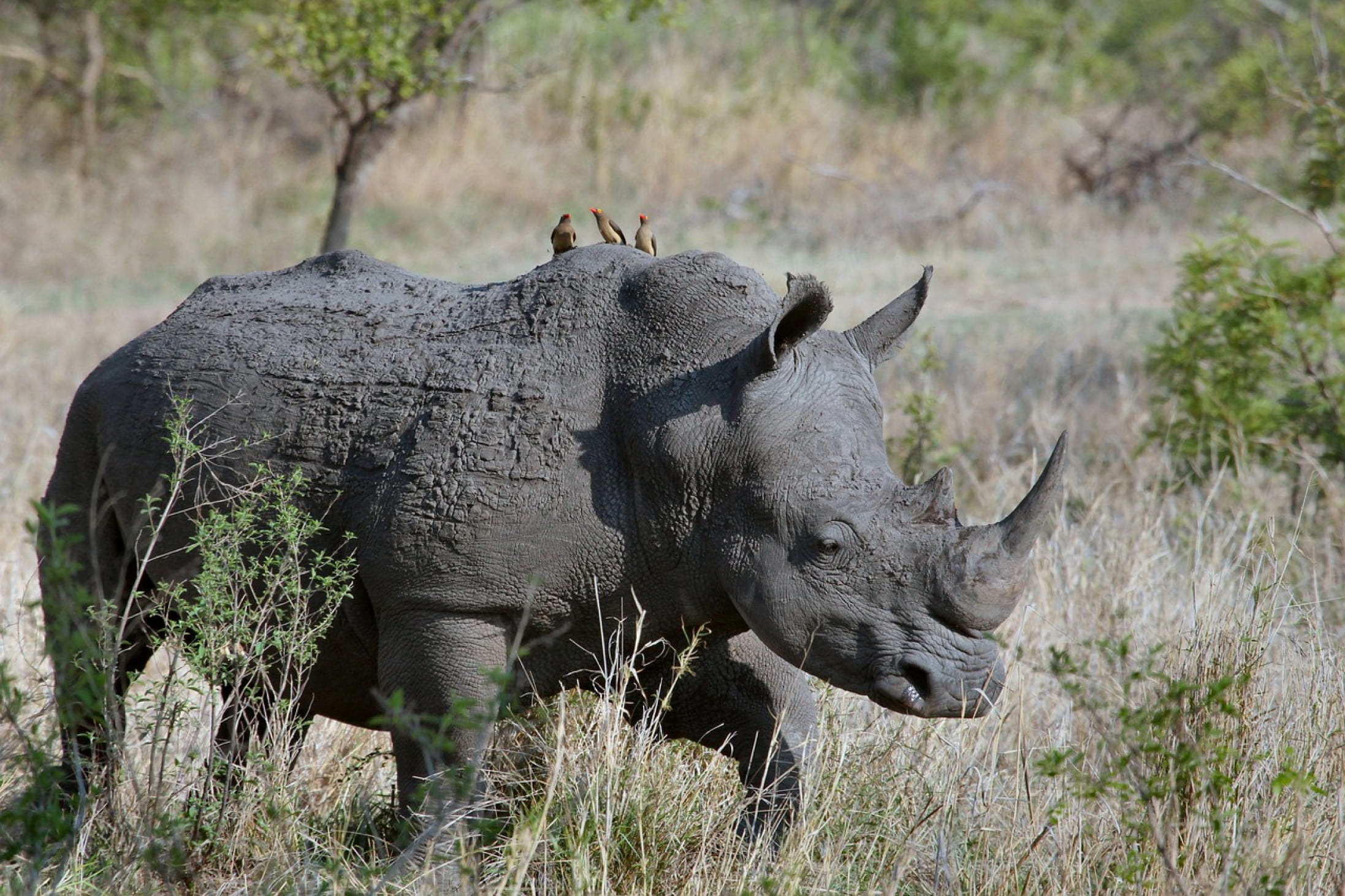Biodiversity encompasses the variety of life on Earth, including different species, genetic variations, and ecosystems. It plays a crucial role in maintaining the stability and resilience of the planet’s ecosystems. Biodiversity contributes to essential ecosystem services such as pollination, nutrient cycling, soil formation, and climate regulation.
When ecosystems are diverse, they are better equipped to withstand environmental changes and stresses, such as climate fluctuations, diseases, and invasive species. A diverse ecosystem can also recover more quickly from disturbances, providing a buffer against extinction for individual species. For instance, forests rich in diverse plant species can better absorb carbon dioxide, helping to mitigate climate change.
However, human activities such as habitat destruction, pollution, and climate change are rapidly diminishing biodiversity. It is estimated that one million species are at risk of extinction within decades if current trends continue. Protecting biodiversity is essential for food security, human health, and overall ecological balance. Strategies to enhance biodiversity include habitat restoration, sustainable land use practices, and the establishment of protected areas to safeguard critical habitats.


